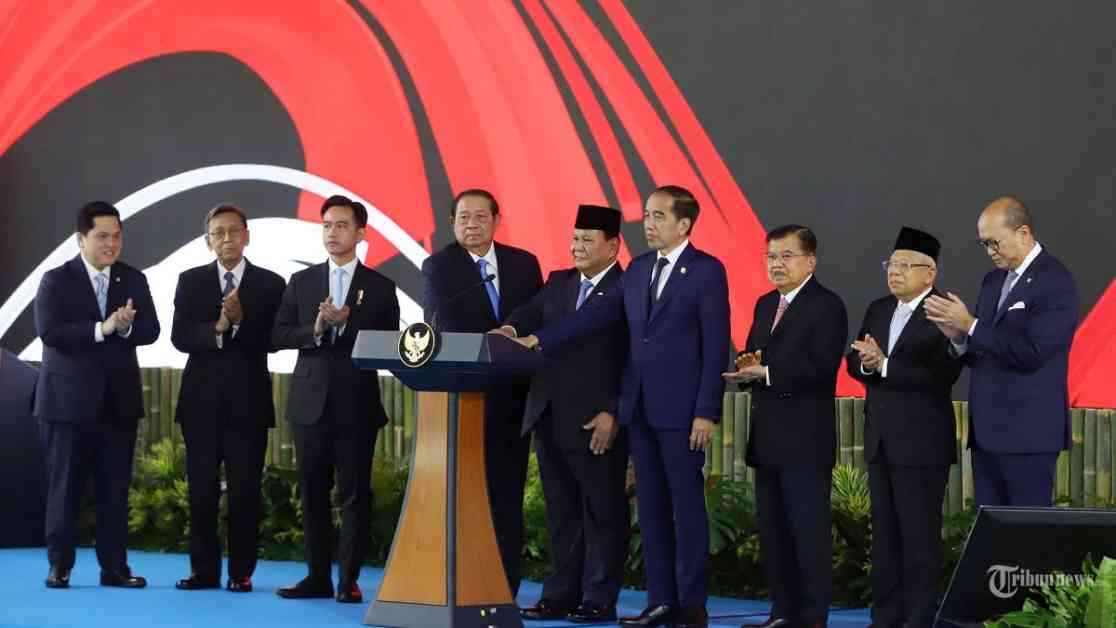Maintaining Credibility: University Rector Urges Government Accountability
In a recent interview with Tribunnews, Telisa Aulia, a distinguished professor at the Faculty of Economics and Business (FEB) at the University of Indonesia, emphasized the critical importance of upholding the credibility of the Badan Pengelolaan Investasi Daya Anagata Nusantara (BPI Danantara). Telisa stressed the necessity of implementing good governance within Danantara to ensure its credibility and ultimately achieve its goal of enhancing the welfare of society.
Upholding Good Governance for Societal Welfare
Telisa highlighted the significance of Danantara serving as a crucial instrument in advancing the welfare of the Indonesian populace and assisting the government in reaching its economic growth target of 8 percent. She underscored the need for Danantara to provide financial support more expansively than existing financial institutions such as banks and non-banks which, in her view, have yet to fully realize their potential in fostering financial development.
Telisa pointed out that Danantara, backed by government guarantees, should play a more active role in providing financing. She emphasized the importance of the government allocating investment funding to projects that generate high value-added benefits and have a broad impact on society at large.
The ultimate goal, as Telisa articulated, is for this financing to create job opportunities and boost the income of the populace. However, she emphasized that this process hinges on effective management, sound governance, and unwavering credibility.
Attracting Foreign Investment and Ensuring Legal Certainty
Telisa expressed hope that Danantara would attract foreign investors to bolster its investment portfolio. Nevertheless, she cautioned that government guarantees and legal certainty are paramount in attracting such investors. She emphasized the crucial need for proper management, free from corruption and undue political influence, to maintain the institution’s integrity and credibility.
In conclusion, Telisa acknowledged the inherent challenges of navigating the political landscape but reiterated the importance of upholding high standards of governance and ethics to safeguard Danantara’s reputation and mission. She emphasized the need for a delicate balance between political realities and ethical responsibilities in steering Danantara towards fulfilling its pivotal role in advancing societal welfare and economic growth.
Telisa’s insights shed light on the intricate interplay between governance, financial development, and societal welfare, underscoring the critical role that institutions like Danantara play in shaping Indonesia’s economic landscape and fostering sustainable growth. As stakeholders strive to uphold the core principles of integrity, transparency, and accountability, the path towards a more prosperous and equitable society becomes clearer.






















